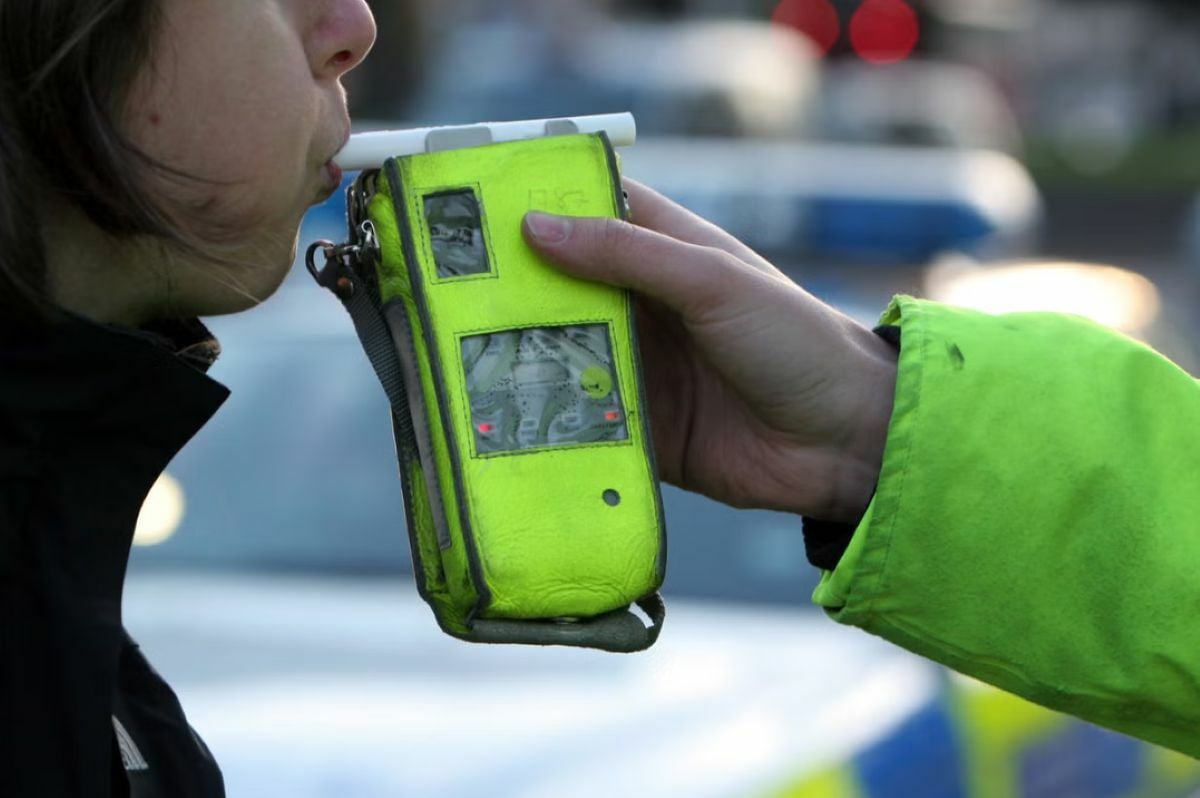New law mandates urine, blood tests for driver alcohol checks

The Thai Government Gazette published a new ministerial regulation to include urine and blood tests for measuring alcohol levels in drivers when breathalyser tests are not possible. This regulation aims to enhance road safety and ensure accurate alcohol detection in drivers.
The regulation, dated today, September 23, was issued under the authority of the Road Traffic Act of 1979, which has been amended several times, most recently in 2022.
This recent amendment, announced by Paetongtarn Shinawatra, the Prime Minister of Thailand, includes several key points to be implemented immediately.
Firstly, the new regulation repeals two earlier ministerial regulations: one from 1994 and another from 2017, both issued under the same Road Traffic Act. The new rules standardise the process for testing alcohol levels in drivers, starting with breathalyser tests as the primary method.
If a breathalyser test is not feasible, the regulation specifies that alcohol levels can be measured through urine or blood tests. The driver must consent to these tests before they are conducted. For urine tests, specific procedures are outlined to ensure accuracy and prevent tampering.
The regulation states that appropriate containers with secure lids must be provided for urine samples, and the collection must be done in a private setting under controlled conditions to avoid sample tampering or alteration.
No escape
Once a urine sample is collected, it must be labelled with the necessary information and sealed. The driver must sign the label to confirm the sample’s authenticity. These samples are then sent to a hospital or designated facility for chemical analysis under the supervision of a licensed medical professional.
For blood tests, the regulation requires that the driver be taken to the nearest hospital within a timeframe specified by the National Police Chief. The sample must be collected using safe medical practices to avoid harm to the individual. This process is also conducted under the supervision of a licensed medical professional.
The regulation sets specific blood alcohol concentration (BAC) limits to determine intoxication. For drivers under 20 years old, those with temporary driving licenses, those with non-transferable licenses for different vehicle types, and those without a valid license or with a suspended or revoked license, a BAC over 20 milligrammes per cent is considered intoxicated. For all other drivers, a BAC over 50 milligrams per cent is the threshold for intoxication.
The regulation also provides guidelines for interpreting alcohol levels from breath or urine tests, using blood alcohol levels as the standard, reported KhaoSod.
This new regulation, effective immediately, aims to improve the accuracy and reliability of alcohol testing in drivers, thereby enhancing road safety. The detailed procedures and clear guidelines ensure that the tests are conducted fairly and consistently, with a focus on preventing drunk driving and its associated risks.
Latest Thailand News
Follow The Thaiger on Google News:


























